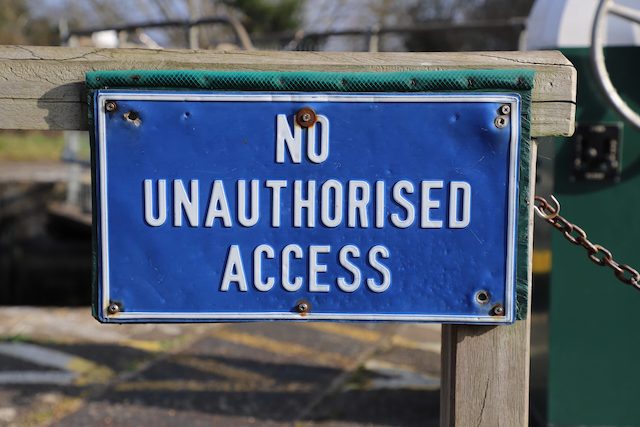Internet Fragmentation > Application Bans
Application Bans
What’s lost when a government bans a service?
People around the world depend on social media, digital health, educational technology, online banking, and business services every day. These applications have made the Internet more user-friendly for a wide population, but they can also come with risks to privacy and security. When governments respond to those risks by banning applications entirely, they restrict the free flow of information, and can worsen the security problems they’re trying to prevent.
Why Does It Matter?
Governments have a duty to keep citizens safe, but unilateral actions like application bans undermine the ability of anyone, anywhere in the world to access all the Internet’s content and resources.
This has an added impact on women and gender minorities who especially need access to safe, secure online spaces for health, education, social connection, and employment. If the government bans the service you rely on, even out of a valid security concern, such as with Tik Tok, it could put you out of work, or break important social connections. Or if you lose access to a video platform, it could mean you can no longer have a private conversation with your doctor.
You might circumvent the ban by using a VPN, which means the ban doesn’t even mitigate privacy and security concerns.
And these bans are often done for political reasons, undermining free expression. The Nigerian government banned Twitter for almost 7 months in 2021 because the company moderated a Tweet from its president. TikTok has been banned completely in India, and it’s been proposed for the US.
We build a stronger Internet by working together and holding companies to the same high standards of privacy and security—not by putting up walls.
Threat category:
Content blocking
Fragmentation risk:
Blocking or throttling applications
Affected region(s):
Global

Learn More
How does Internet fragmentation affect you?
Read our explainer and learn about other policies and proposals that put the open Internet at risk.